Fire Restoration Services
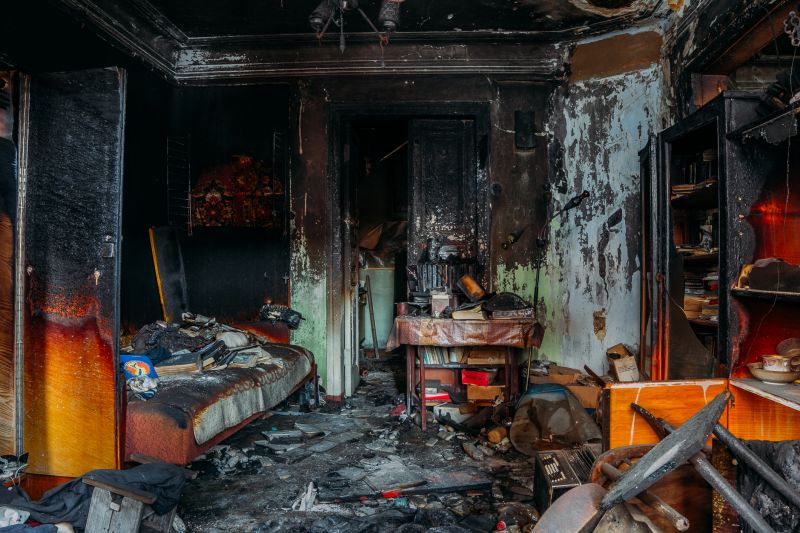
Fire restorations are often performed after winter months when heating systems have been used extensively.
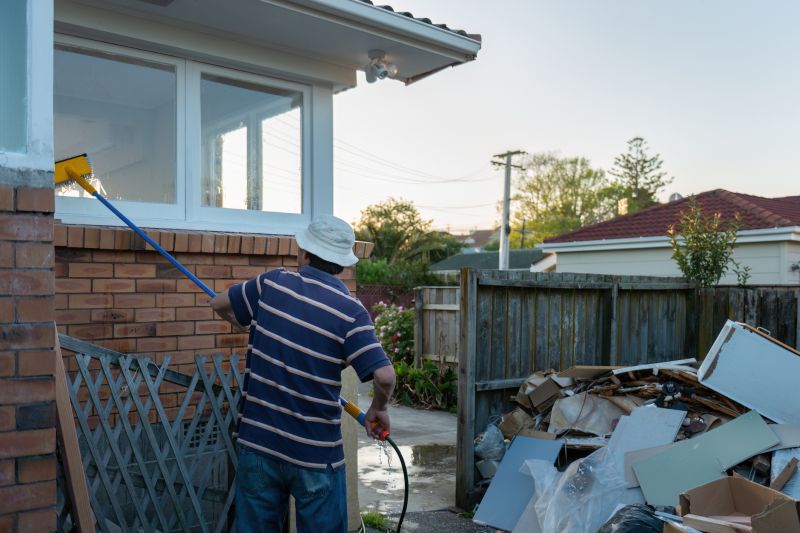
Spring and fall provide optimal weather conditions for restoration work, avoiding extreme temperatures.
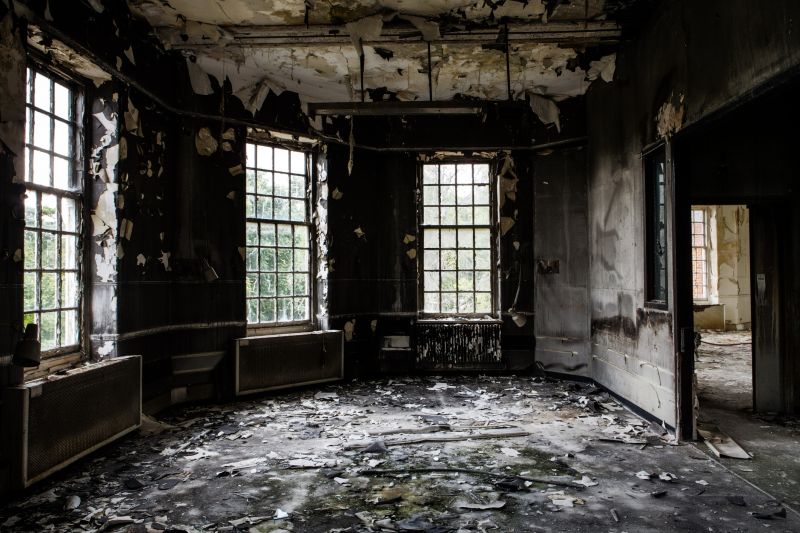
Late summer and early winter are ideal times to schedule fire restoration projects to ensure timely completion.
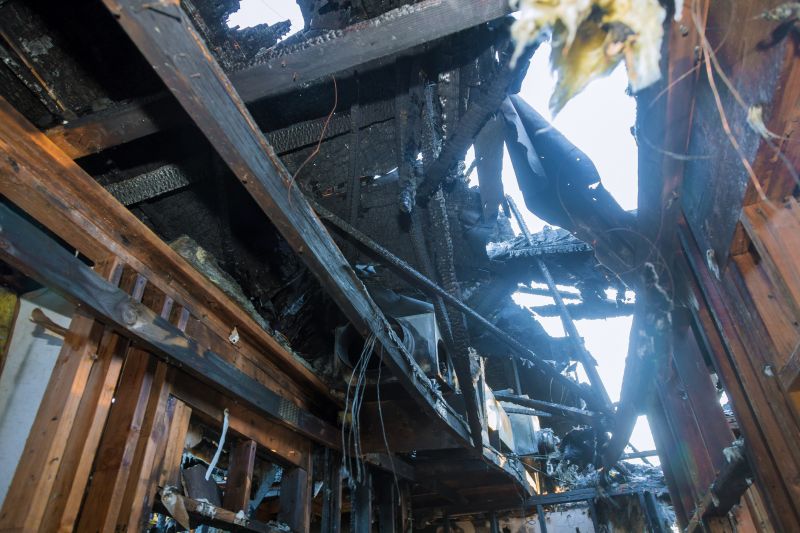
Ways to make Fire Restorations work in tight or awkward layouts.
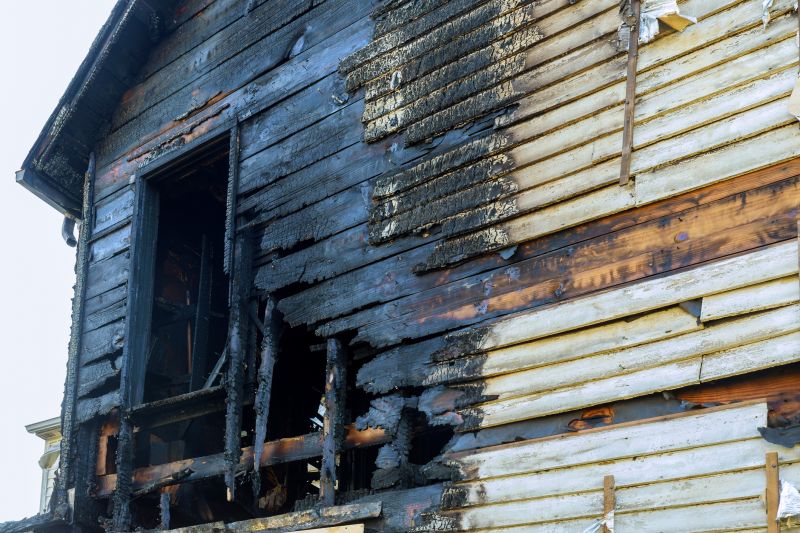
Popular materials for Fire Restorations and why they hold up over time.
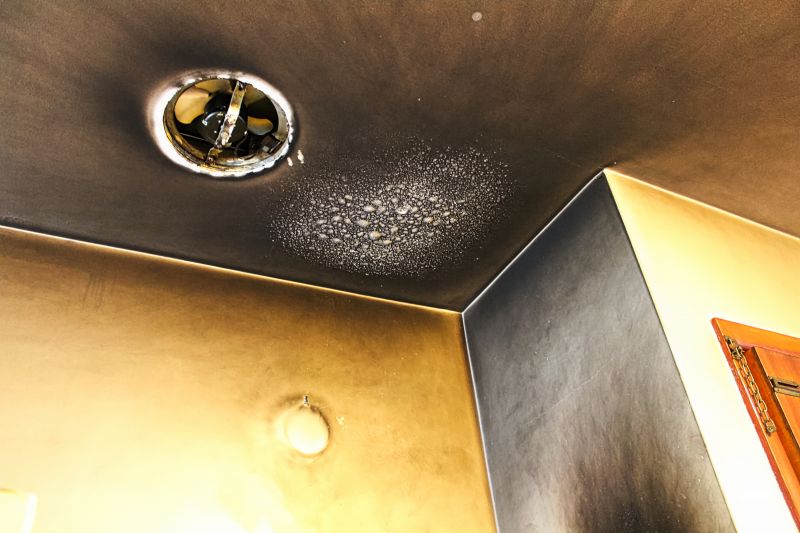
Simple add-ons that improve Fire Restorations without blowing the budget.
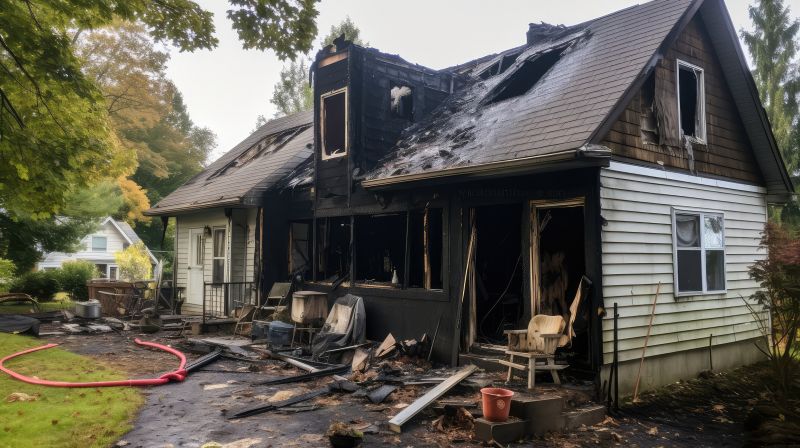
High-end options that actually feel worth it for Fire Restorations.
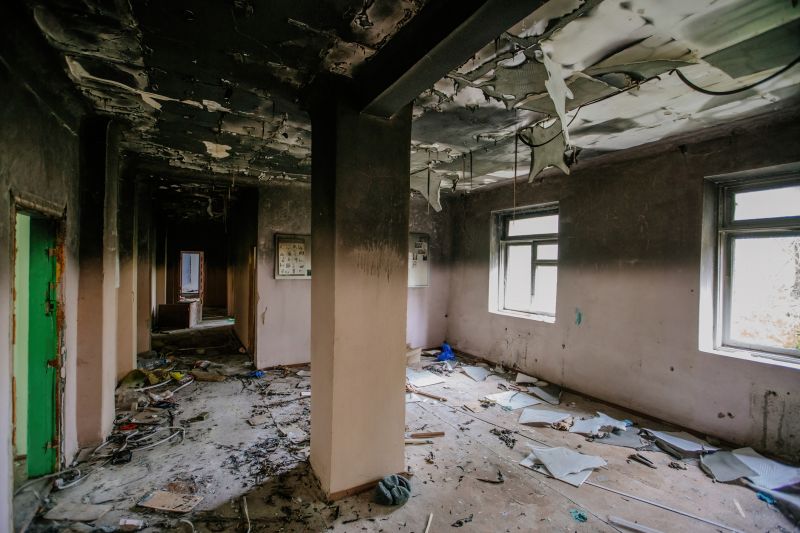
Finishes and colors that play nicely with Fire Restorations.
Fire restorations involve repairing and restoring properties damaged by fire incidents. This process includes cleaning soot and smoke residue, repairing structural damage, and restoring the affected areas to their original condition. Proper timing of fire restorations can help reduce costs and minimize disruption to property owners.
Statistics indicate that the majority of residential fires occur during winter months, primarily due to heating equipment and holiday decorations. Restoring properties promptly after a fire incident can prevent further damage and mold growth, which can develop within 24-48 hours after exposure to moisture and soot.
The severity of fire damage influences the best time to perform restorations, with urgent repairs needed for extensive damage.
Mild and dry weather conditions facilitate effective restoration work, reducing delays caused by rain or humidity.
Filing insurance claims promptly can influence when restorations are scheduled, often favoring earlier intervention.
Scheduling during off-peak seasons ensures access to skilled restoration professionals and reduces wait times.
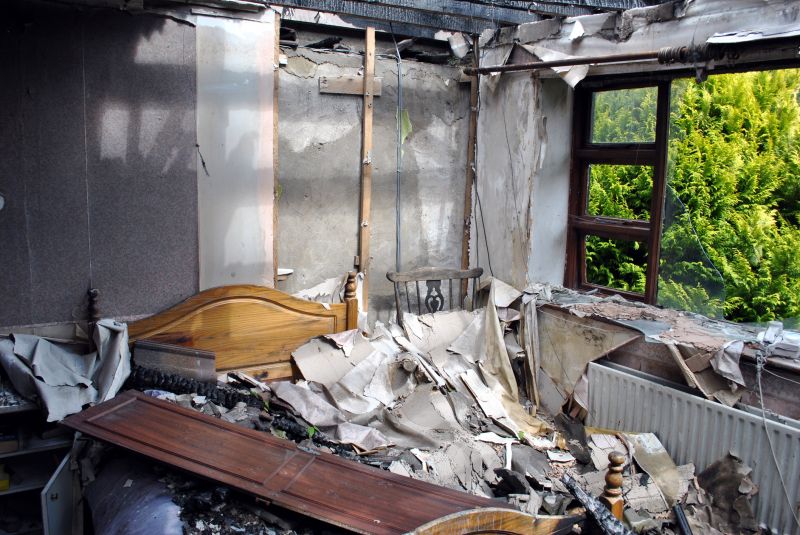
Assessing damage early helps determine the optimal timing for restoration activities.
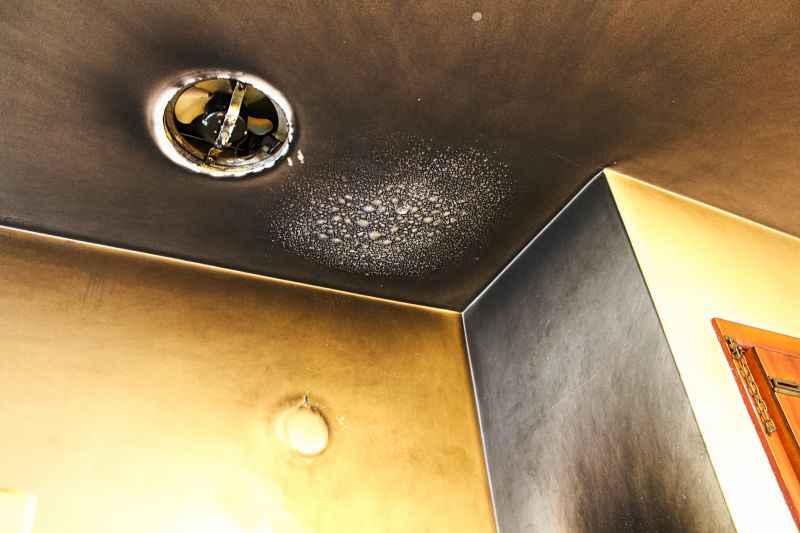
Immediate cleaning prevents soot from settling and causing permanent staining.
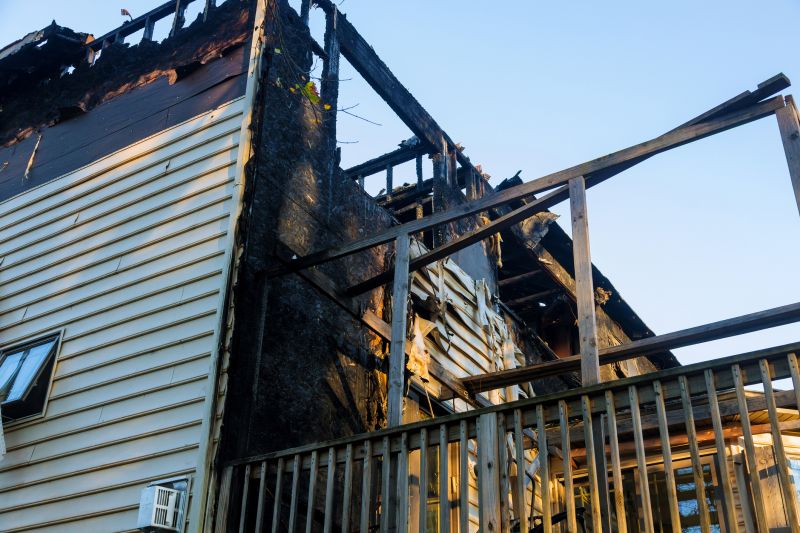
Structural repairs are often prioritized after fire damage assessment to ensure safety.
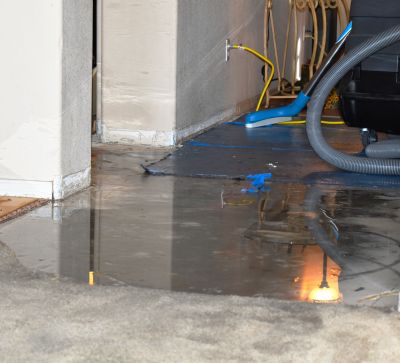
Availability of specialized equipment can influence the timing of restoration work.
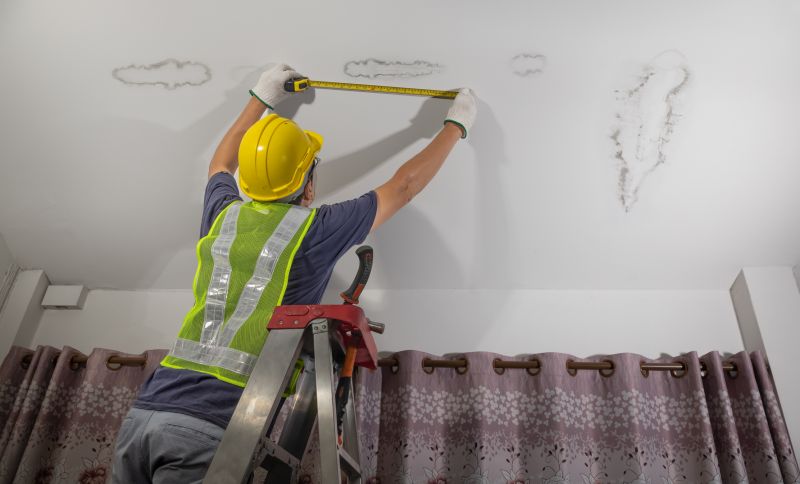
Little measurements that prevent headaches on Fire Restorations day.
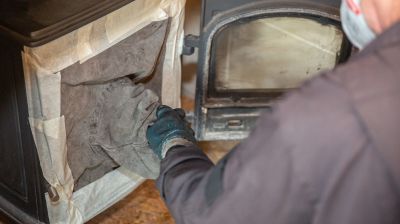
A 60-second routine that keeps Fire Restorations looking new.
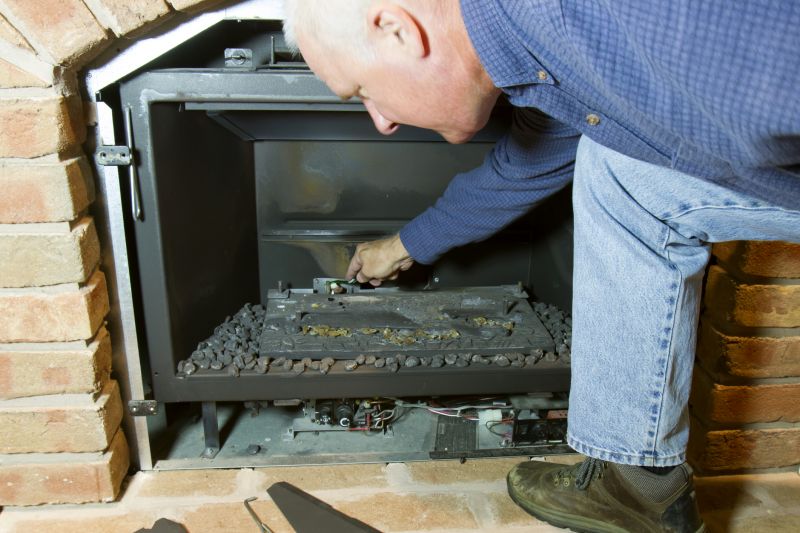
A frequent mistake in Fire Restorations and how to dodge it.
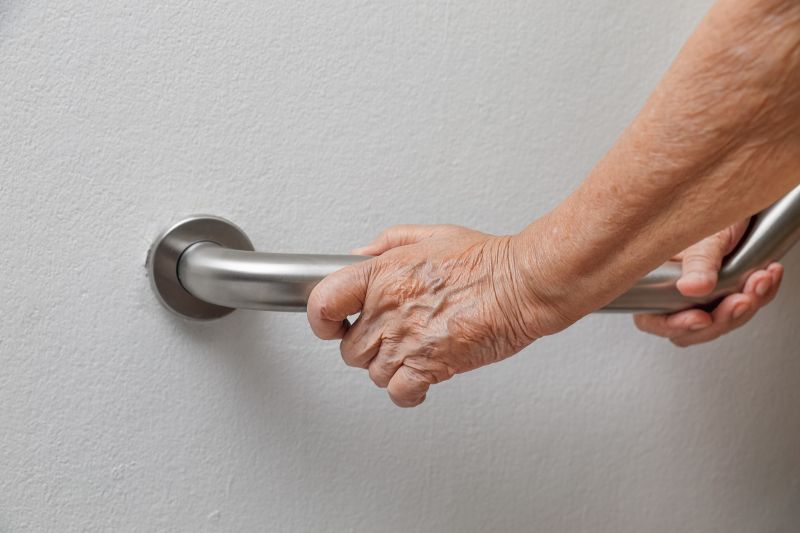
Small tweaks to make Fire Restorations safer and easier to use.
| Season | Advantages | Considerations |
|---|---|---|
| Winter | Lower demand for restorations | Possible weather delays |
| Spring | Optimal weather conditions | Higher demand may affect scheduling |
| Summer | Longer daylight hours | Potential humidity issues |
| Fall | Pre-holiday restoration planning | Weather variability |
Engaging in fire restorations during the appropriate season can lead to more efficient repairs and better outcomes. Proper planning and understanding of seasonal factors are essential for minimizing delays and controlling costs.
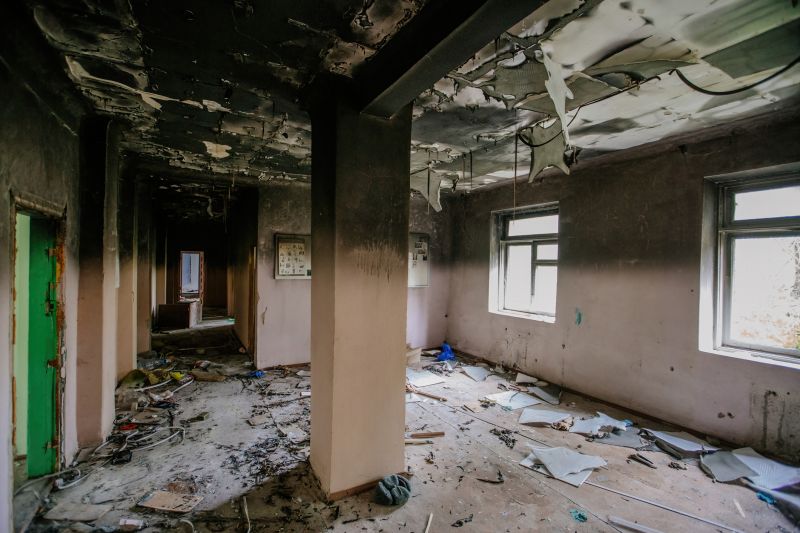
Restoration teams work efficiently to restore properties damaged by fire.
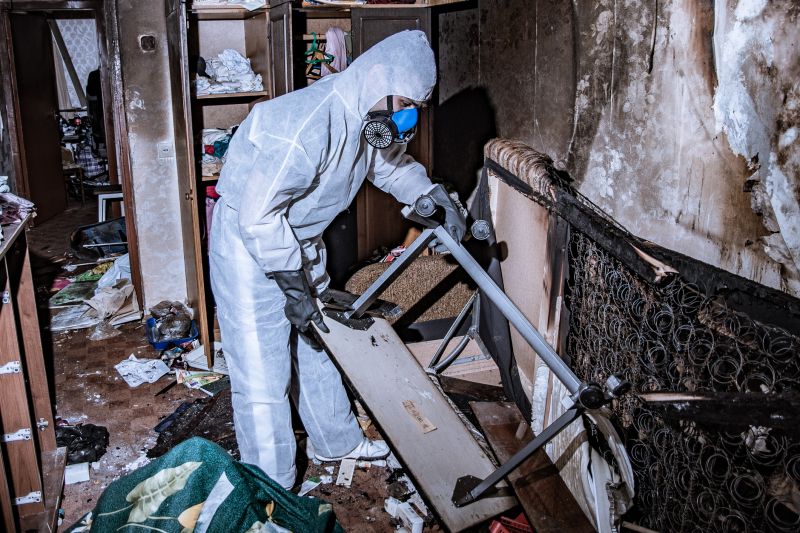
Specialized cleaning techniques eliminate smoke odors and residues.
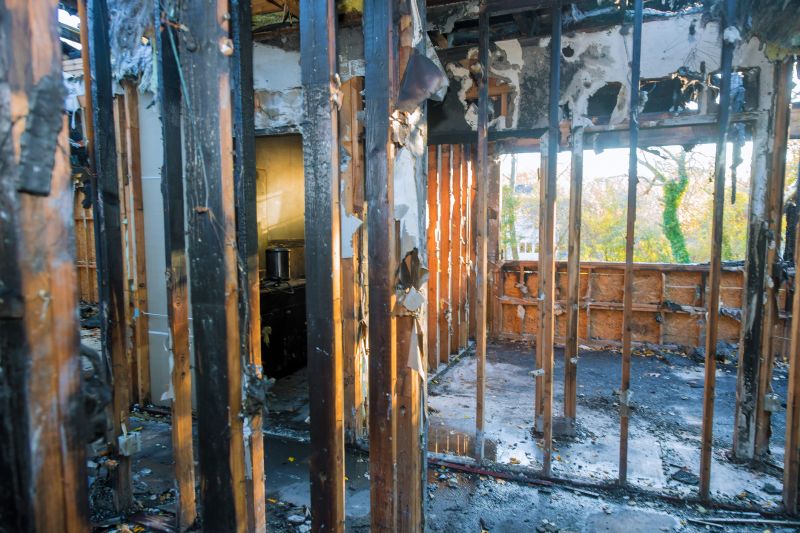
Rebuilding and reinforcing damaged structures ensure safety and stability.
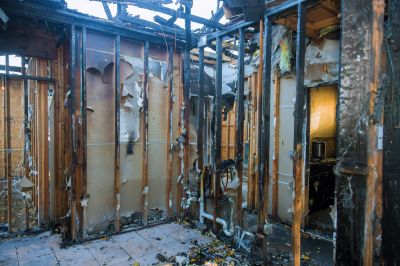
Complete finishing touches restore the property to its pre-fire condition.
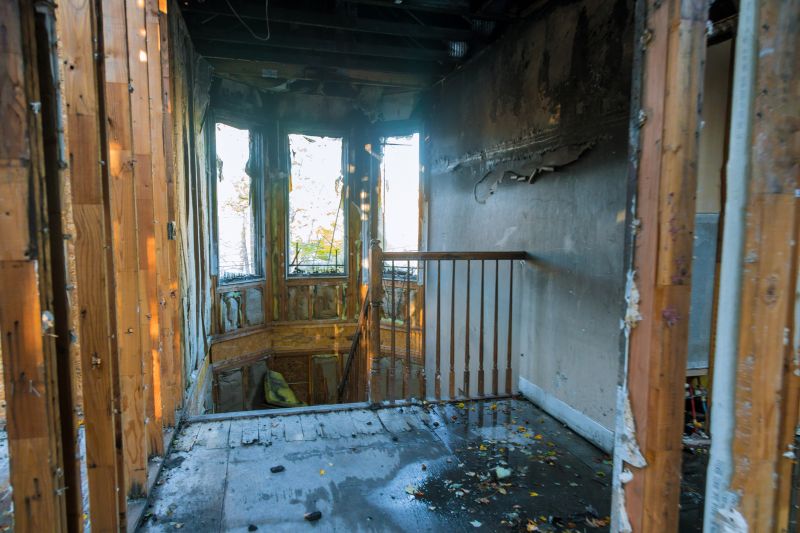
Lower-waste or water-saving choices for Fire Restorations.

The short, realistic tool list for quality Fire Restorations.
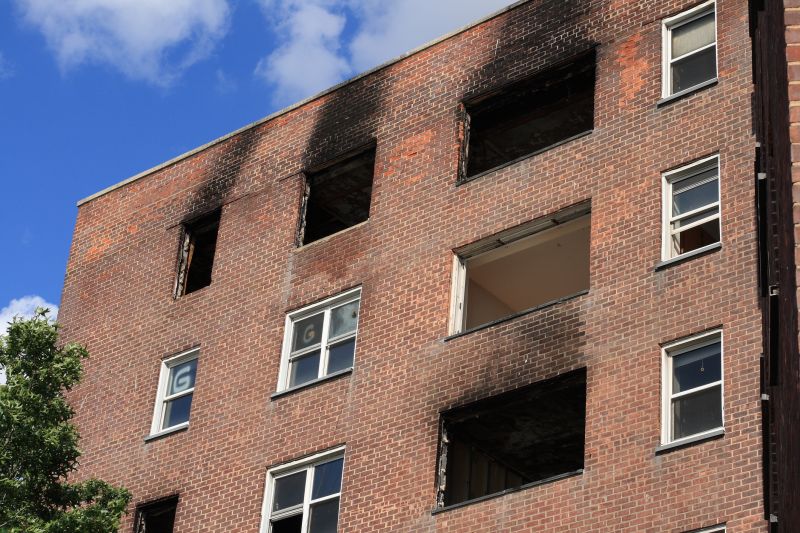
Rough timing from prep to clean-up for Fire Restorations.
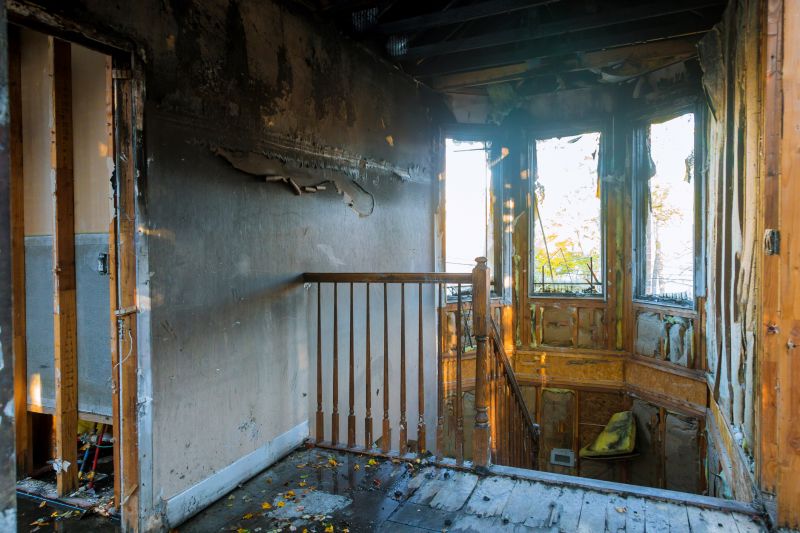
Quick checks and paperwork to keep after Fire Restorations.
Timely fire restorations are crucial for reducing long-term damage and restoring property value. Proper scheduling aligned with seasonal conditions and damage severity can facilitate more effective recovery efforts.
Interested property owners in Nokomis, FL, are encouraged to contact for detailed assessments and tailored restoration plans. Prompt action can help mitigate further damage and expedite the recovery process.
